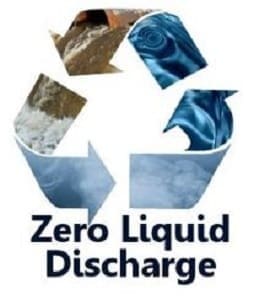Discussions held with stakeholders including DPIIT, Environment Ministry, MeitY, States.
The Centre is examining various options of moving forward on the country’s Zero Liquid Discharge (ZLD) policy to ensure that investment in emerging sectors such as semiconductors is not hampered while environment continues to be protected.
ZLD is a water treatment process to recirculate all the water back to the process with zero liquid waste. Government regulations demand fool-proof operations of the wastewater treatment plants for the purpose.
“The Department for Policy on Investments and Internal Trade (DPIIT) has been getting suggestions for removing regulatory compliances such as Zero Liquid Discharge to encourage investments in sectors like semiconductors. Any decision on removing regulatory compliances will be taken only after consulting all sectors,” a government.
The DPIIT has held discussions with stakeholders such as Ministry of Environment, Forest and Climate Change (MoEFCC), Ministry of Electronics and Information Technology, Central Pollution Control Board (CPCB) and the State governments of Gujarat, Haryana and Tamil Nadu, on what the policy for zero level discharge will be going ahead, the official said However, according to the industry, for products like semiconductor, meeting ZLD standards might be difficult as ultra-clean water is needed for chip manufacturing and it would also be expensive to contain the recycled water.
“The Centre has got representations from the industry to see if there could be changes in the ZLD standards for sectors like semiconductor that are finding it difficult to meet them. The MoEFCC is the nodal Ministry for the matter related to policy on Zero Liquid Discharge while the DPIIT’s role is to ensure that concerns of industry get addressed,” the official added.
The discussions with States threw up interesting options, the official said. For instance, Gujarat and Tamil Nadu do not have a formal ZLD policy in place. “A number of factors, including the area specific conditions, effluent quality, quantity and type of industries, land lock area, area under comprehensive environmental pollution index etc. decide about ZLD,” he said.
Haryana offers specific incentives to investors to establish common effluent treatment plants and zero liquid discharge plants under its Enterprises Promotion Policy, Textile Policy and the Pharmaceutical Policy.

